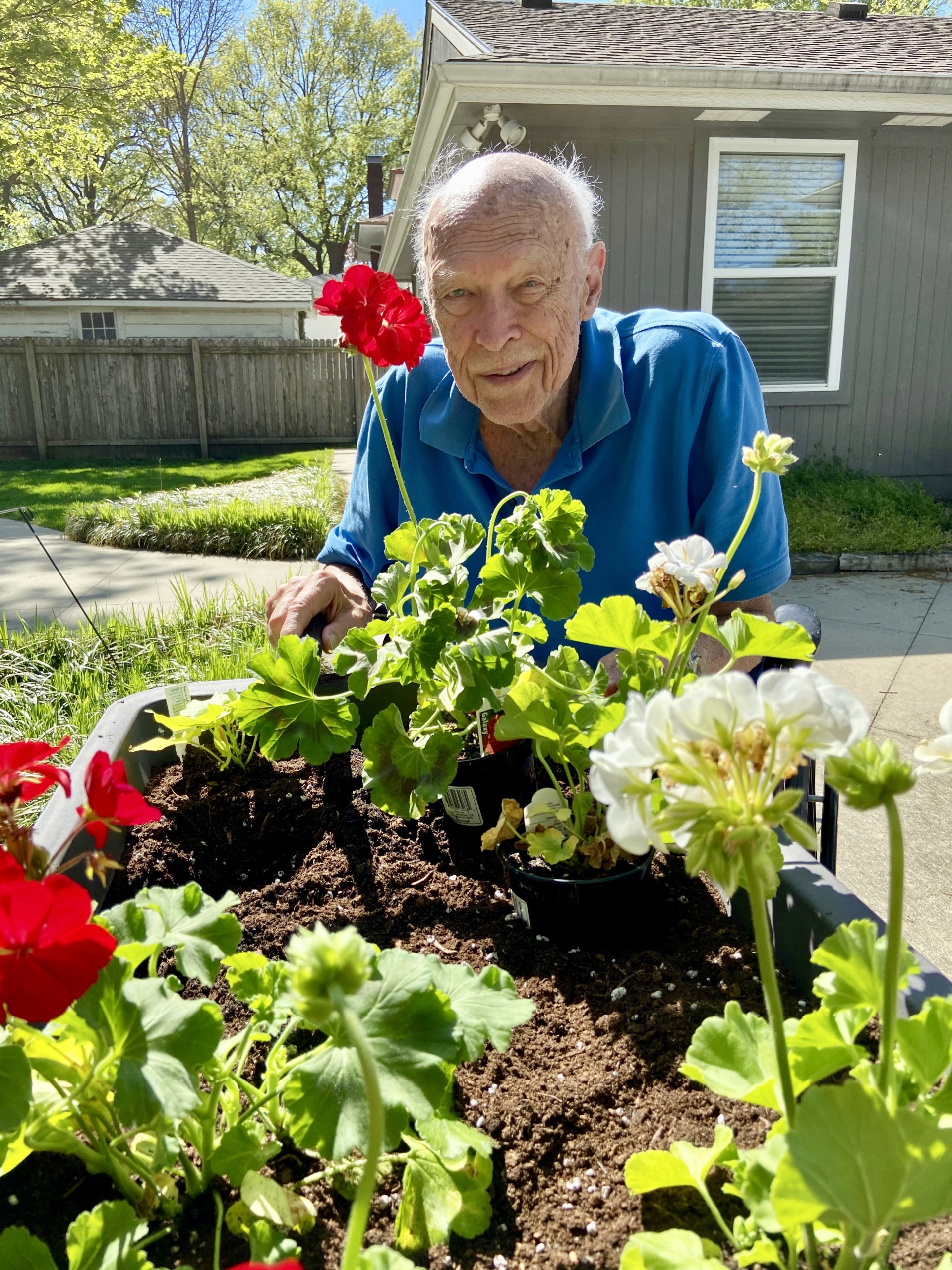Developing a Safe and Encouraging Atmosphere: In-Home Memory Treatment Essentials
Developing a safe and caring setting for people needing in-home memory care is vital to their well-being and high quality of life. From making certain safety and security within the space to employing efficient communication methods and implementing memory-friendly style components, there are necessary parts that add to an alternative care technique. By concentrating on developing an encouraging ecological community that provides to the one-of-a-kind demands of those with memory problems, caretakers can significantly enhance the day-to-day experiences of their enjoyed ones.

Safe Living Atmosphere
Producing a safe and secure and hazard-free living environment is extremely important when providing in-home memory treatment for individuals with cognitive disabilities. Making certain the safety and security of the private with memory loss is vital to avoid mishaps and promote a feeling of well-being.
Furthermore, it is important to set up safety and security attributes such as grab bars in restrooms and handrails along stairs to provide assistance and avoid crashes. Additionally, using innovation such as activity sensing units and alarm systems can alert caretakers if the private wanders or is in distress. Producing a secure living setting likewise entails carrying out methods to stop wandering, such as making use of door alarm systems or locks to limit accessibility to dangerous areas. By focusing on safety and security actions and removing potential risks, caregivers can give a safe and encouraging atmosphere for individuals with cognitive impairments receiving at home memory treatment.
Reliable Interaction Techniques
Carrying out tailored communication strategies is crucial in promoting meaningful interactions with individuals with cognitive impairments in the context of at home memory treatment. Efficient interaction plays an important duty in creating a helpful environment that enhances the health and top quality of life for individuals with memory concerns. When connecting with a person experiencing cognitive decline, it is necessary to use easy and clear language, keep a tranquility and favorable tone, and supply visual signs to assist understanding.
One key method is to exercise active listening, showing compassion, perseverance, and respect during conversations. Non-verbal hints such as faces and body movement can likewise help share understanding and support. Additionally, using reminiscence treatment by reviewing past experiences or utilizing songs and art can use long-lasting memories, triggering links and promoting engagement.
Moreover, including routine routines and consistent interaction patterns can offer a sense of experience and safety and security for individuals with memory problems. By applying these interaction methods, caretakers can develop significant links and promote a feeling of comfort and count on the at home memory care setup.
Memory-Friendly Design
Offered the value of creating a supportive setting for people with memory concerns via effective interaction techniques, the unification of memory-friendly layout components in the home comes to be necessary in maximizing their daily experiences and general health. Memory-friendly design concentrates on boosting security, comfort, and freedom for individuals with cognitive impairments. Easy adjustments can make a significant difference, such as making use of contrasting shades to improve presence and lower complication, including clear signage to assist navigating, and lessening clutter to avoid sensory overload.
Integrating acquainted components from the individual's past, such as favored things or individual images, can evoke favorable memories and develop a sense of familiarity. Furthermore, ensuring ample lights levels, mounting grab bars in bathrooms, and applying non-slip flooring can help protect against drops and injuries. Producing a calming and calming atmosphere with the usage of acquainted scents, soft appearances, and see this page relaxed sounds can likewise advertise relaxation and minimize frustration. By incorporating these memory-friendly layout elements, caretakers can supply a supportive and safe space that makes it possible for people with memory problems to preserve their freedom and quality of life.
Daily Routine Preparation
When creating a day-to-day regimen for individuals with memory concerns, careful preparation is crucial to sustain their cognitive feature and general health. Developing a structured routine can aid reduce disorientation, anxiousness, and confusion commonly experienced by those with memory disabilities.
It is important to permit ample time for every task, reducing the demand to hurry and avoiding prospective stress. Basic tasks like meal times, personal treatment, drug monitoring, and exercise must be integrated into the routine. In addition, including routine periods of remainder and relaxation can prevent exhaustion and anxiety. Flexibility is vital, as some days might need modifications based on the individual's state of mind and power degrees. Routinely evaluating and adapting the day-to-day timetable will certainly help guarantee its performance in promoting a reassuring and positive environment for individuals with memory challenges.
Support Group Execution
Developing a robust network of encouraging individuals plays a crucial role in improving the quality of care and health for people needing memory assistance. Member of the family, close friends, medical care experts, and community resources can all add to creating a strong support group. Interaction amongst these individuals is necessary to ensure that the demands of the specific with memory challenges are met properly.
Relative are frequently the main caretakers and create the backbone of the assistance system. They provide daily care, psychological support, and friendship. When required to prevent burnout and ensure the best feasible treatment for their loved one., it is vital for household members to seek help and break.
Along with family assistance, including health care professionals such as medical professionals, therapists, and nurses can supply specific care and support. These specialists can supply important understandings, clinical guidance, and support in managing the person's condition.

Verdict
In conclusion, creating a encouraging and risk-free setting for individuals with memory treatment needs is essential for their well-being. By developing a secure living atmosphere, using reliable communication techniques, integrating memory-friendly layout elements, preparing daily regimens, and applying a strong support system, caregivers can help improve the high quality of life for those with amnesia. These vital elements interact to develop a nurturing Recommended Reading and empowering setting that advertises independence and enhances general top quality of life.
Creating a hazard-free and safe living environment is critical when offering at home memory treatment for people with cognitive disabilities. By prioritizing safety and security measures and eliminating prospective hazards, caretakers can supply a protected and encouraging environment for people with cognitive impairments receiving at home memory care.
Establishing a robust network of helpful individuals plays a crucial duty in improving the high quality of care and health for people Full Report requiring memory support - Charlotte Memory Care. Interaction among these people is essential to guarantee that the needs of the private with memory obstacles are fulfilled efficiently
